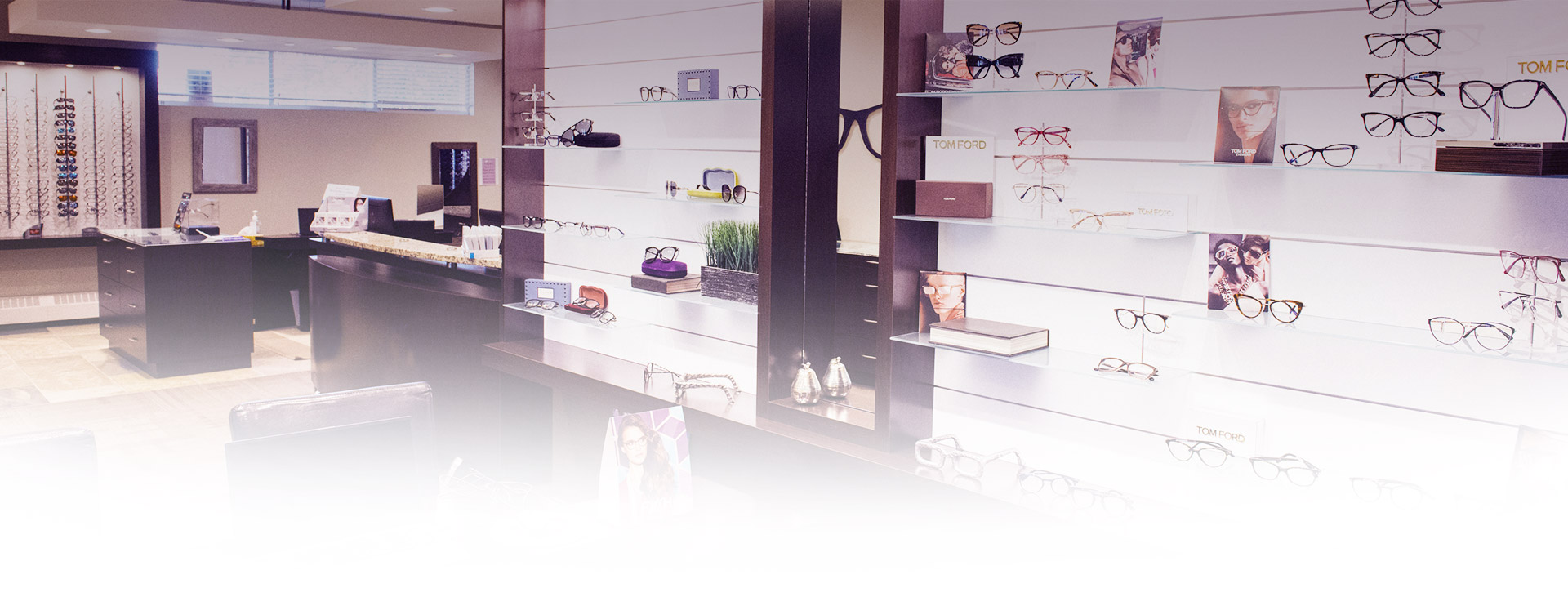Optimal eye health is essential and can be maintained with regular eye exams. However, you can also take steps to support and maintain your eye health between visits to your optometrist with at-home strategies for treating conditions like dry eyes.
5 home remedies we recommend for dry eyes include:
- Wearing adequate eye protection
- Eating a diet full of omega-3s and other healthy vitamins
- Drinking more water and less alcohol
- Using eye drops
- Taking frequent breaks from staring at screens and books
If, after trying out all 5 of these home remedies, you are still experiencing dry eye syndrome, give your optometrist a call—you might be surprised to learn about all the different things we can do!
What Is Dry Eye Disease?
Dry eye is a condition that typically occurs when your eyes do not produce enough high-quality tears to keep your eyes moist or when your tears evaporate too quickly. When the quantity or quality of your tears changes, you may experience some of the following symptoms:
- Eyes that are burning, stinging, or gritty
- Blurry vision
- The feeling of something in your eye
- Watery eyes
- Redness
- Light sensitivity
You don’t have to live with dry eye symptoms. At-home habits and comprehensive eye care can help you manage the underlying causes of dry eyes and get relief from your dry eye discomfort.
Wearing Adequate Eye Protection
Sunglasses can be an important part of at-home eye care—as long as the lenses block UV rays and your sunglasses are worn properly, with the nasal bridge of the frame touching your face.
Ultraviolet (UV) rays can pose a risk to your eye health, but that’s not the only environmental factor. Dry, hot wind can agitate dry eyes and increase your risk of experiencing dry eye symptoms. Not only can sunglasses protect your eyes from UV rays, but they can also shield them from dry, windy conditions that can lead to dry eyes.
How Do You Pick Out Sunglasses?
When picking out a pair of sunglasses, some things to keep in mind include the following:
- Your nose and ears should be comfortably framed without being pinched or rubbed.
- Your sunglasses should be balanced between your nose and ears.
- To prevent excessive friction, frames should be light.
- You shouldn’t let your eyelashes touch the frame.
- Your sunglasses should provide full protection against UVA and UVB rays.
We love helping you select sunglasses. With a variety of brands available for different lifestyles and personalities, there’s an option for you that can help protect your eyes.
Eating Healthy to Prevent Dry Eye
You may have heard it a million times, but that’s because it’s true—a healthy and balanced diet is one of the keys to maintaining overall health, and that includes your eye health.
When it comes to dry eyes, there are a few specific nutrients that can help, including:
Omega-3 Fatty Acids
Omega-3s are celebrated for their health benefits, and one of the benefits we love is that they can help prevent dry eye syndrome.
For example, one study conducted to test the effects of omega-3 fatty acids on eye health discovered that those who consumed multiple servings of tuna per week had a significantly lower chance of developing dry eye syndrome than those who consumed one serving or less—this was due to the omega-3 fatty acid content found in the tuna.
Another study reported that omega-3 fatty acids reduced the evaporation rate of tears, easing dry eye symptoms.
Recommended omega-3 consumption can vary based on your eye health. When you visit us, we can help you determine your potential need for omega-3 to prevent dry eyes.
Vitamins A, B12, & D
- Vitamin A is known to help with vision, and it can increase the smoothness of the thin coating of fluid on the surface of your eye. It can also contribute to the development of tears.
- Vitamin B12 on its own may not help with relief from the symptoms of dry eye, but in tandem with other treatments, such as eye drops, Vitamin B12 can help reduce the burning sensation associated with dry eye.
- Another supplement that works well with eye drops, vitamin D, can improve the effect of eye drops to support your tear quality.
Controlling Your Blood Sugar
Low insulin levels in the body can result in decreased tear production, and high blood glucose levels can harm specific parts of your eyes, especially the lacrimal gland and the nerves on the cornea. Tears need these nerves to attach to the outer surface of the eye.
Maintaining healthy blood sugar levels can not only help prevent and manage conditions such as diabetes but can also help with healthy tear production and preventing dry eye.
Drinking More Water & Less Alcohol
Drinking more water can help keep you hydrated, which can help your body produce more tears to keep your eyes moist!
Alcohol, on the other hand, is a diuretic, which means alcohol promotes water loss. Because of that, you may not be surprised to learn that alcohol consumption is a potential risk factor for dry eyes, so drinking less alcohol may be a helpful habit if you suffer from chronic dry eyes.
Using Eye Drops
Regular use of lubricating eye drops can help people feel relief from dry eye syndrome. These drops can support your natural tears by increasing hydration and protection.
Eye drops are available for purchase without a prescription, but not all eye drops are the same, so it is best to talk to your optometrist before choosing eye drops. We can help you make the right choice for your unique eye health.
Taking Frequent Screen Breaks
If you need a reason to take a break from your screen for a moment, this can be it. Activities like reading, watching TV, or using a computer for a long time can lead to tears evaporating more quickly with less frequent blinking—and other symptoms of digital eye strain.
Because digital eye strain is a significant risk factor for dry eyes, it can be helpful to get up, stretch, and remember the 20-20-20 technique when using screens—take a 20-second break every 20 minutes to concentrate on something 20 feet away.
Comprehensive Support for Dry Eyes
Home-based remedies can help with dry eye symptoms, but it is important to make an appointment with your eye doctor for an eye exam if symptoms continue and are causing pain or discomfort.
Visit us at Visionary Eye Centre, located in the heart of Sherwood Park, for friendly eye care that can help you get dry eye relief.



